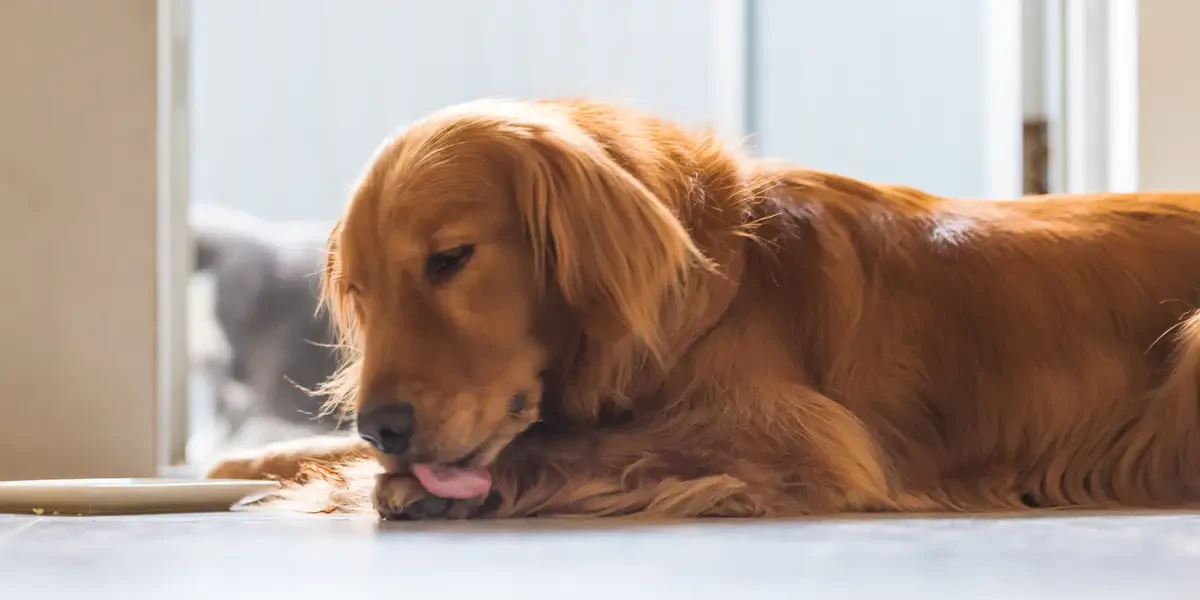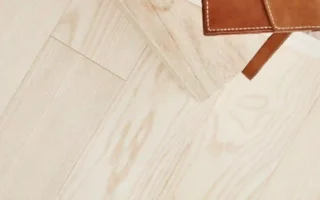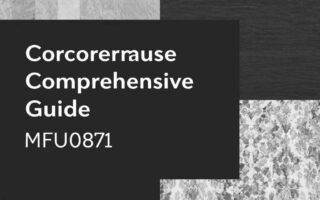Understanding and addressing your dog’s behavior when they lick the floor while sick is crucial for their well-being. By recognizing common reasons for this behavior, such as nausea or seeking minerals, you can take appropriate steps to address any underlying issues. It’s essential to monitor your dog closely and consult with a veterinarian if you notice excessive licking or other concerning symptoms.
Provide a safe and clean environment for your furry friend, offer appropriate chew toys or treats, and ensure they have a balanced diet. With proper care and attention, you can help manage and prevent floor licking in sick dogs. Your pet’s health is worth the extra effort.
Common reasons for dogs licking the floor
Dogs have a unique way of communicating their needs and emotions, often through behaviors that may seem puzzling to us. Dogs licking the floor when sick could cause nausea or an upset stomach. Dogs may lick the floor to soothe themselves or alleviate discomfort.
Another possible explanation is that your dog is trying to gather information about their surroundings. Licking can provide them with sensory feedback, helping them understand if there are any new scents or tastes in the environment.
In some cases, dogs may lick the floor out of boredom or anxiety. When feeling unwell, dogs might resort to this behavior as a coping mechanism.
Pay attention to any changes in your dog’s behavior and consult a veterinarian if you notice excessive or unusual floor licking. Understanding the underlying cause can help address the issue effectively and ensure your furry friend receives proper care and treatment.
Health concerns associated with excessive floor licking

Excessive floor licking in dogs can lead to potential health concerns that pet owners should be aware of. When dogs repeatedly lick the floor, they may ingest harmful substances like cleaning chemicals or toxins that could jeopardize their well-being. This behavior can also result in gastrointestinal issues such as vomiting and diarrhea if the ingested material is indigestible or toxic.
Constant contact with germs and bacteria on the floor may increase the risk of infections for your furry friend. The continuous exposure to dirt, dust, and other contaminants through excessive licking can compromise your dog’s immune system, making them more susceptible to illnesses. Abrasive surfaces like rough carpets or hard floors may cause irritation and abrasions on your dog’s tongue and mouth over time.
Therefore, pet parents must monitor their dogs closely and seek veterinary advice if they notice any signs of distress related to excessive floor licking. Addressing this behavior promptly can help safeguard your canine companion’s health and well-being.
How to determine if your dog’s floor licking is a cause for concern.
The frequency and intensity of the floor licking. It could be a red flag if your dog obsessively licks the same spot repeatedly or does it more often than usual.
Take note of any other accompanying symptoms, such as vomiting, diarrhea, lethargy, or changes in appetite. These signs can indicate an underlying health issue that needs attention.
Monitor your dog’s overall demeanor. It might be time to consult a veterinarian if they seem distressed, uncomfortable, or in pain while licking the floor.
Please keep track of any recent changes in their environment or diet that could trigger this behavior. Stress or dietary sensitivities can sometimes manifest through unusual actions like excessive floor licking.
Every dog is unique, so what may be expected for one pup could signify a problem for another. Trust your instincts and seek professional guidance if you have concerns about your canine companion’s well-being.
Tips for managing and preventing floor licking in sick dogs

If you notice your dog excessively licking the floor when sick, there are ways to manage and prevent this behavior. One tip is always to ensure your dog has access to fresh water, as dehydration can lead to unusual behaviors like excessive licking. Another way to manage floor licking is by providing engaging toys or puzzles to keep your dog mentally stimulated and distracted from the habit.
Regular exercise can help alleviate stress and anxiety in dogs, which may be a trigger for floor licking. Maintaining a consistent feeding schedule and providing nutritious meals tailored to your dog’s specific health needs is also essential.
Seeking guidance from a veterinarian can help determine if underlying medical issues are causing the behavior. Patience and understanding are critical in managing and preventing floor licking in sick dogs.
Professional advice from veterinarians
Ever wondered what veterinarians have to say about your dog licking the floor when sick? These animal experts recommend paying attention to your furry friend’s behavior as it may indicate an underlying health issue. Veterinarians suggest excessive floor licking could indicate gastrointestinal problems or nutritional deficiencies in dogs. It’s crucial to consult with a vet if you notice this behavior persisting and affecting your pet’s well-being.
Veterinarians also advise observing other symptoms like vomiting, diarrhea, or changes in appetite along with floor licking. This information can help them make an accurate diagnosis and recommend appropriate treatment for your canine companion. Professional guidance from veterinarians is essential in understanding the root cause of your dog’s unusual behavior and ensuring their overall health and happiness.




